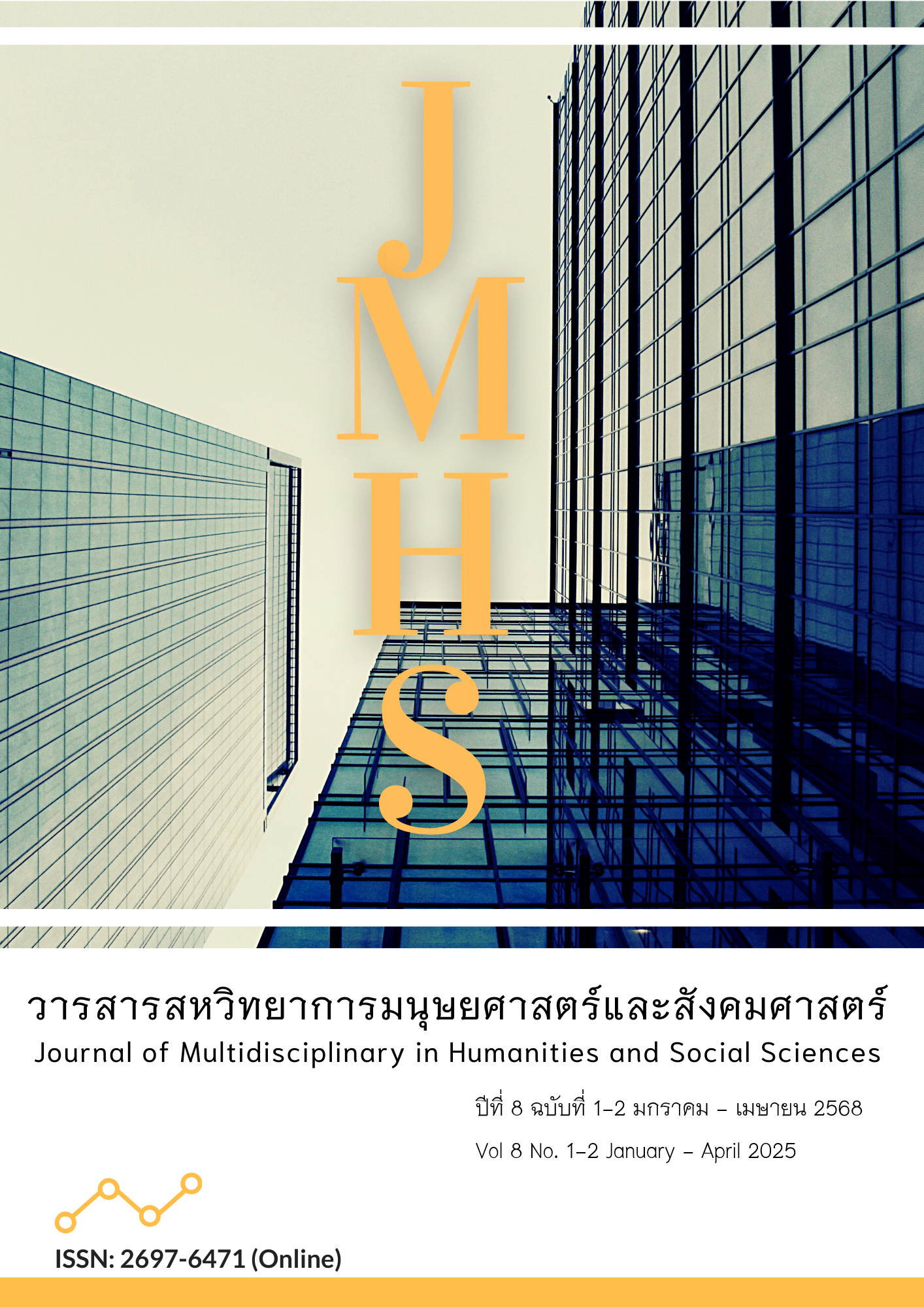Corporate Governance Costs, Social Responsibilities and Capital Market Performance: Evidence from China
Main Article Content
Abstract
While better ESG is usually interpreted as a high likelihood of generating higher returns, the existing empirical literature suggests that stocks of firms with higher ESG scores may have lower subsequent realized returns than stocks with lower scores. Therefore, this paper examines the relationship between ESG scores, stock market performance, and associated costs, revealing a positive correlation between ESG scores and the stock market performance of Chinese listed companies. This study draws the following conclusions:
1. Regarding the relationship between ESG performance and stock returns of Chinese listed companies, this study concludes that stock returns of companies with low management costs can be significantly improved by increasing ESG scores. On average, a 1-point increase in ESG score is associated with a 2-4 bps increase in stock returns and a 0.1% decrease in volatility. In addition, there is a positive correlation between costs and ESG scores; for every 2 billion yuan of costs a listed company pays, it can increase its ESG score by 1 point.
2. Turning to the relationship between the ESG performance of Chinese listed companies and corporate costs, this study empirically concludes that R&D costs have the greatest impact on a company's ESG score.
To a certain extent, this study is conducive to inspiring Chinese listed companies to assume more social responsibility in their operations, further promoting the understanding and thinking of the business community, scholars, government, and other departments on the issue of how corporate ESG performance affects corporate value, and facilitating the regulators to rationally guide investors' investment behavior and provide reference value for investors to screen investment targets.
Article Details

This work is licensed under a Creative Commons Attribution-NonCommercial-NoDerivatives 4.0 International License.
Views and opinions appearing in the Journal it is the responsibility of the author of the article, and does not constitute the view and responsibility of the editorial team.
References
Avramov, D., Cheng, S., Lioui, A., & Tarelli, A. (2021). Sustainable investing with ESG rating uncertainnty. Journal of Financial Economics, 145(2), 642-664. https://doi.org/10.1016/j.jfineco.2021.09.009
Bolton, P., & Kacperczyk, M. (2021). Do investors care about carbon risk?. Journal of Financial Economics, 142(2), 517-549. https://doi.org/10.1016/j.jfineco.2021.05.008
Broadstock, D., Chan, K., Cheng, L., & Wang, X. (2020). The role of ESG performance during times of financial crisis: Evidence from COVID-19 in China. Finance Research Letters, 38, 101716. https://doi.org/10.1016/j.frl.2020.101716
DasGupta, R. (2022). Financial performance shortfall, ESG controversies, and ESG performance: Evidence from firms around the world. Finance Research Letters, 46, 102487. https://doi.org/10.1016/j.frl.2021.102487
Fafaliou, I., Giaka, M., Konstantios, D., & Polemis, M. (2022). Firms’ ESG reputational risk and market longevity: A firm-level analysis for the United States. Journal of Business Research, 149, 161-177. https://doi.org/10.1016/j.jbusres.2022.05.010
He, F., Qin, S., Liu, Y., & Wu, J. (2022). CSR and idiosyncratic risk: evidence from ESG information disclosure. Finance Research Letters, 49, 102936. https://doi.org/10.1016/j.frl.2022.102936
Ho, V. H. (2018). Sustainable finance & China’s green credit reforms: A test case for bank monitoring of environmental risk. Cornell International Law Journal, 51(3), 609-681. http://dx.doi.org/10.2139/ssrn.3124304
Hong, H., & Kacperczyk, M. (2009). The price of sin: The effects of social norms on markets. Journal of Financial Economics, 93(1), 15-36. DOI:10.2139/ssrn.766465
Jin, A. (2021). Research on high ESG investment preferences of insurance funds--analysis based on long-term value investment path of companies. Finance and Economics, (11), 14-24.
Li, H., Zhang, X., & Zhao, Y. (2022). ESG and Firm's Default Risk. Finance Research Letters, 47, 102713. https://doi.org/10.1016/j.frl.2022.102713
Lin, Y., Fu, X.M., & Fu, X. (2021). Varieties in state capitalism and corporate innovation: Evidence from an emerging economy. Journal of Corporate Finance, 67, 101919. DOI: 10.1016/j.jcorpfin.2021.101919
Lioui, A., & Tarelli, A. (2022). Chasing the ESG factor. Journal of Banking and Finance, 139, 106498. https://doi.org/10.1016/j.jbankfin.2022.106498
Lööf, H., Sahamkhadam, M., & Stephan, A. (2022). Is corporate social responsibility investing a free lunch? The relationship between ESG, tail risk, and upside potential of stocks before and during the COVID-19 crisis. Finance Research Letters, 46, 102499.
https://doi.org/10.1016/j.frl.2021.102499
Ma, X., Wang, J., & Qin, E. (2016). ESG disclosure system of listed companies. China Finance, (16), 33-34.
Pedersen, L., Fitzgibbons, S., & Pomorski, L. (2021). Responsible investing: The ESG-efficient frontier. Journal of Financial Economics, 142(2), 572-597. https://doi.org/10.1016/j.jfineco.2020.11.001
Qiu, M., & Yin, H. (2019). Corporate ESG performance and financing cost in the context of ecological civilization construction. Quantitative Economic and Technical Economics Research, (3), 108-123. https://doi.org/10.13653/J.CNKI.Jqte.2019.03.007
Yang, Y., Orzes, G., Jia, F., & Chen, L. (2021). Does GRI sustainability reporting pay off? an empirical investigation of publicly listed firms in China. Business & Society, 60(7), 1738–1772. https://doi.org/10.1177/0007650319831632
Zhang, X., Zhao, X., & Qu, L. (2021). Do green policies catalyze green investment? Evidence from ESG investing developments in China. Economics Letters, 207, 110028. DOI:10.1016/j.econlet.2021.110028


